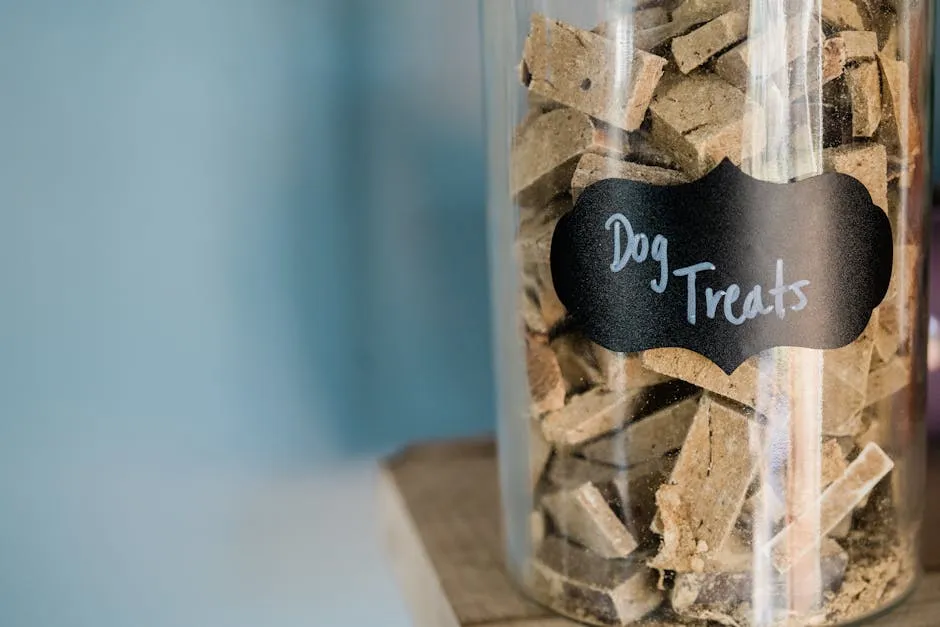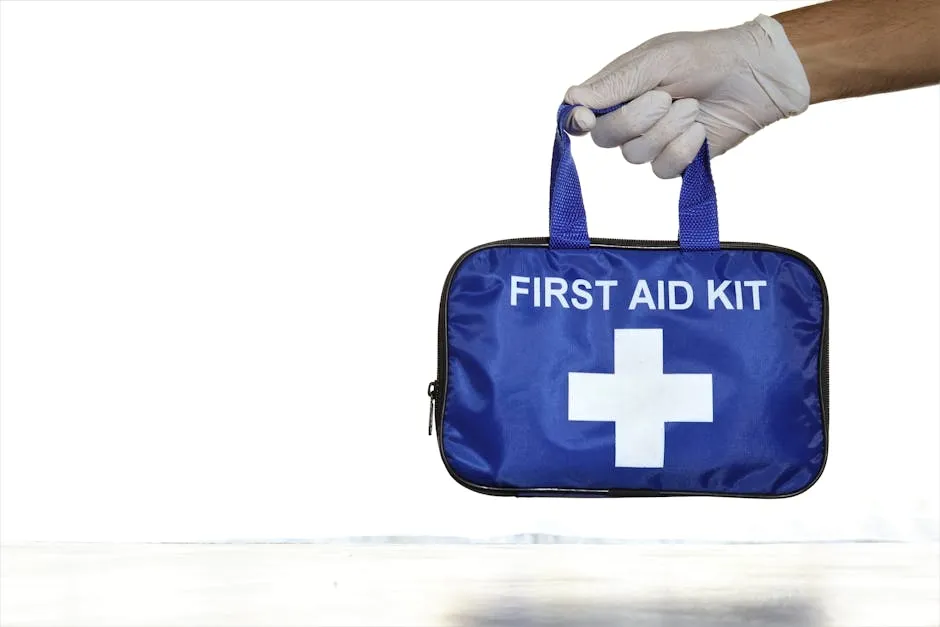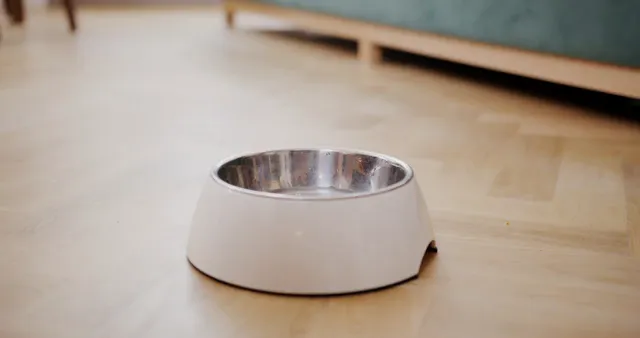Introduction
Cinnamon is a popular spice in many kitchens. You might wonder if it’s safe for your furry friend. Many dog owners are curious about this spice. While cinnamon has health perks, it can also be harmful if consumed in excess.
Speaking of health perks, if you’re looking for a way to pamper your pup while keeping their diet natural, consider adding Dog Treats with Natural Ingredients. These treats ensure your dog gets tasty snacks without the guilt, and they may just love you a little bit more for it!

Summary and Overview
Cinnamon is generally safe for dogs in small amounts. Most dogs won’t have problems with a sprinkle of cinnamon on their food. However, it’s important to know that there are two main types of cinnamon: Cassia and Ceylon. Cassia cinnamon has higher levels of coumarin, which can be harmful in large doses. Ceylon cinnamon is often recommended as the safer option.
Cinnamon has potential health benefits, such as anti-inflammatory properties and antioxidants that may support general health. However, overconsumption can lead to issues like digestive upset or toxicity. Symptoms may include vomiting, diarrhea, and changes in heart rate. Always consult your veterinarian before adding any new spice to your dog’s diet to ensure it’s suitable for them.
If you’re looking to store your dog’s food safely and keep those pesky pests away, a Dog Food Storage Container is a must-have. It keeps your dog’s food fresh and free from critters, so you can worry less and enjoy more time with your furry friend!

Is Cinnamon Toxic to Dogs?
Cinnamon is not toxic in small amounts. Most dogs can safely enjoy a sprinkle of it. However, excessive consumption can lead to serious problems. The risks include gastrointestinal distress and potential toxicity from high coumarin levels, especially in Cassia cinnamon.
Ceylon cinnamon is the better choice for your pup. Studies suggest that consuming over a teaspoon of ground cinnamon may lead to adverse reactions. Symptoms can include vomiting, diarrhea, and difficulty breathing. If you suspect your dog has ingested a large amount, contact your veterinarian immediately.
For a quick health boost, consider adding Dog Vitamins and Supplements to your dog’s diet. These can help ensure they get all the nutrients they need to thrive, keeping their tails wagging and spirits high!

Health Benefits of Cinnamon for Dogs
Cinnamon offers several health benefits for your furry friend. First, it has anti-inflammatory effects. This can help dogs suffering from arthritis or sore muscles. Reducing inflammation helps improve their mobility and comfort.
Second, cinnamon can assist in regulating blood sugar levels. This is particularly beneficial for diabetic dogs. Studies suggest that even small amounts may improve insulin sensitivity, making it easier for their bodies to manage glucose.
Cinnamon is also rich in antioxidants. These compounds help protect cells and support overall health. Some dog owners report positive changes in their pets’ energy levels and well-being after adding cinnamon to their diet.
Veterinarians often highlight these benefits. They recommend cinnamon as a potential supplement, especially for older dogs. Always consult your vet before making changes to your dog’s diet. Your vet can provide personalized advice based on your dog’s specific health needs.
And while we’re talking about health, don’t forget to keep your dog’s teeth in check with Dog Dental Chews. They can help reduce plaque and keep those pearly whites shining bright!

Risks of Feeding Dogs Cinnamon
While cinnamon can be safe in small amounts, it does carry some risks. Symptoms of cinnamon toxicity include vomiting, diarrhea, and low blood sugar. If your dog consumes too much, these issues can escalate quickly, so monitoring is crucial.
Another risk arises from inhaling cinnamon powder. This can lead to respiratory issues, including coughing and difficulty breathing. If your dog sniffs or inhales a significant amount, seek veterinary advice.
Cinnamon essential oils are particularly dangerous. They are concentrated and can cause severe reactions. Ingestion or skin contact may lead to symptoms like liver damage and changes in heart rate. Avoid using cinnamon sticks as well, as they can cause mouth irritation. Always prioritize safety by keeping all cinnamon products out of reach.
To ensure your pet’s safety on the go, a Pet First Aid Kit is essential. It can provide peace of mind during outings, ensuring you’re prepared for any minor mishaps!

How Much Cinnamon Can Dogs Safely Consume?
Determining the right amount of cinnamon depends on your dog’s size. For small dogs, less than 1/2 teaspoon is ideal. Medium-sized dogs can handle up to 3/4 teaspoon. Large dogs may safely consume about 1 teaspoon.
Moderation is key. Too much cinnamon can result in adverse effects. Introduce it gradually into your dog’s diet to monitor for any negative reactions. Observe your pup’s behavior and health closely after adding cinnamon. If any unusual symptoms arise, consult your veterinarian promptly. They can guide you on the best practices for incorporating new ingredients into your dog’s meals.
And while you’re monitoring your dog’s health, consider investing in a Dog Training Clicker. It can help with positive reinforcement training, making learning fun for your furry companion!

Can Dogs Eat Cinnamon Rolls and Other Baked Goods?
Feeding your dog cinnamon rolls or similar baked goods is not a good idea. While cinnamon itself is generally safe in small amounts, baked goods often contain harmful ingredients. These treats typically include high levels of sugar, butter, and fat. Such ingredients can lead to digestive upset or even more serious issues like pancreatitis in dogs.
For more information on the risks of pancreatitis in dogs, check out this comprehensive guide. pancreatitis in dogs
Moreover, many baked goods also contain xylitol, a sweetener that is extremely toxic to dogs. Nutmeg, commonly found in holiday baked goods, can cause severe reactions, including disorientation and even seizures. The combination of these ingredients can make baked goods dangerous for your furry friend.
It’s best to avoid sharing human food with dogs. Instead, stick to dog-specific treats that are formulated for their dietary needs. Your dog will appreciate a safe snack just as much as a cinnamon roll without the risks.

If you’re looking for some great recipes, check out a Dog Treat Recipe Book. It can help you whip up delicious and safe treats that your pup will love!

How to Safely Incorporate Cinnamon into Your Dog’s Diet
If you want to add cinnamon to your dog’s diet, do so safely and in moderation. Start by mixing a small amount—like a quarter teaspoon—into their regular food. This can help enhance flavor and may offer health benefits.
You can also make homemade dog treats featuring cinnamon. A simple recipe could include oats, peanut butter, and a dash of cinnamon. Your dog will love the flavor, and you can ensure all ingredients are safe.
Always consult your veterinarian before making changes to your dog’s diet. They can provide personalized recommendations based on your dog’s health and needs. With proper guidance, cinnamon can be a fun and beneficial addition to your dog’s meals!
And if you’re looking for a great way to keep your dog hydrated on walks, a Pet Water Bottle for Dogs is a lifesaver. It makes hydration easy, so your pup can enjoy their adventures without getting parched!

FAQs
Can dogs be allergic to cinnamon?
Yes, dogs can develop allergies to cinnamon, though it’s rare. Symptoms may include itching, swelling, or gastrointestinal upset. If you notice any unusual reactions after introducing cinnamon, stop feeding it and consult your veterinarian.
Can dogs eat cinnamon sugar?
Cinnamon sugar is not recommended for dogs. The added sugar can lead to weight gain and dental issues. It’s best to avoid any sweetened foods, including cinnamon sugar, to keep your dog healthy.
Can dogs consume cinnamon applesauce?
While plain applesauce is safe, cinnamon applesauce may contain added sugars or other unhealthy ingredients. It’s safer to stick with plain applesauce or make your own, ensuring no harmful additives are included.
What should I do if my dog eats too much cinnamon?
If your dog consumes too much cinnamon, contact your veterinarian immediately. Monitor your pet for symptoms like vomiting, diarrhea, or difficulty breathing. Your vet may recommend bringing your dog in for treatment. Don’t hesitate to seek help, as timely intervention is crucial.
Are there any alternatives to cinnamon that are safe for dogs?
Yes, there are several dog-safe spices and treats. Consider using ginger or turmeric, known for their health benefits. You can also offer dog-friendly snacks like sweet potatoes or pumpkin. These options are not only safe but also nutritious for your canine companion. Always consult your vet for personalized advice on your dog’s diet.
Conclusion
Cinnamon can be a safe treat for dogs when given in moderation. It offers potential health benefits, such as anti-inflammatory properties and antioxidants. However, it’s crucial to consult your veterinarian before introducing it into your dog’s diet. Remember, moderation is key to avoiding any adverse effects. Always prioritize your dog’s health by practicing responsible feeding habits.
And for those moments when your pup just needs to chill out, a Dog Cooling Mat can help keep them comfortable during those hot summer days!
Please let us know what you think about our content by leaving a comment down below!
Thank you for reading till here 🙂
All images from Pexels





